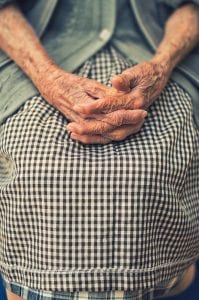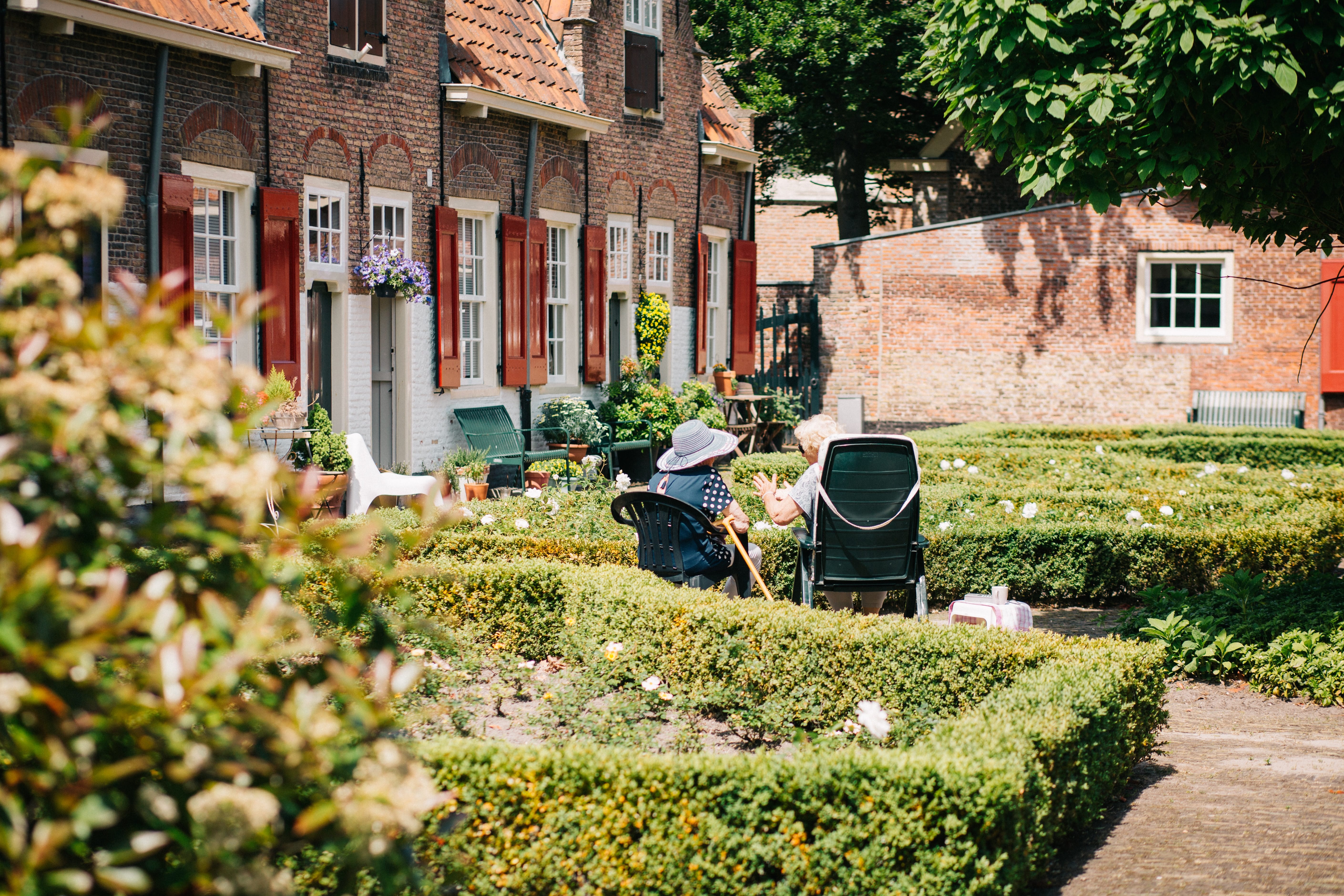While our loved ones are typically safe in a nursing home, abuse does occur. Here are some signs that your loved one is in danger.
Longterm care facilities are increasingly becoming the places we take our elderly loved ones for round the clock care and protection. It is a hard decision to make, but sometimes an elderly relative is better off in a nursing home than with us at home.
It is scary to think that a loved one can be abused under the care of nursing home staff, in a facility to which we take them. Unfortunately, it happens.
Forms of nursing home abuse
You would not believe the kind of abuse going on in some nursing homes these days. Many lawsuits are filed each day, and complaints are made regularly concerning these issues.
Some forms of abuse reported in elderly homes include;
- Physical abuse:
This involves the use of unnecessary force on residents or causing injury to them by hitting, kicking, shoving, or physically restraining them. Such abuse often results in physical and emotional harm to the victim.
- Emotional abuse:
Emotional abuse compromises the mental well being of the victim. It often happens when residents are verbally abused through name-calling, gaslighting, or intimidation. Such abuse often results in depression.
- Sexual abuse:
It’s unthinkable that our elderly relatives in nursing homes can be sexually abused, but it is common. There are cases of nursing home staff touching residents inappropriately, raping them, or forcing them to watch pornography. Such abuse often results in mental anguish and physical injuries.
- Financial abuse:
There is also a form of white-collar abuse where workers at nursing homes steal from the elderly in their care. It happens through faking of their financial information to steal funds, refusing them access to their money, or overcharging them for services given in the home. Such abuse is often hard to discover unless someone is watching over the loved one’s accounts.
- Neglect:
Sometimes the violation of the elderly in homes is through negligence. In such cases, they do not get the care they need, such as baths, cleaning of rooms, getting clean clothes, or access to proper nutrition and medication. Such acts can lead to the deterioration of a loved one’s health, both emotionally and physically.
What can you do to protect your loved one from abuse in a nursing home?
Now that you know all the cases of abuse that are likely to happen in nursing homes, you may be concerned for a loved one’s safety.

The good news is that if you have a relative in a nursing home, there are things you can do to ensure they do not become victims of abuse. Here are a few tips.
1. Visit your loved one often
An elderly person that does not get frequent visits from family is more likely to get abused in a nursing home than one who gets regular visits from his/her loved ones.
The more often you visit your elderly loved one, the higher the chances of you noticing anything off like injuries or any other signs of abuse. When you visit often, your loved one also has an opportunity to tell you when something is not right.
2. Meet with staff and ask for progress reports regularly
When you visit, ask to speak with the staff, especially the head of the nursing home or people in charge of the workers taking care of your loved one. It gives them a sign that you are alert and concerned about your relative’s safety.
Asking frequent questions and liaising with the staff reduces the chances of your loved one being abused. They know someone is monitoring them and may find it hard to do anything wrong.
3. Monitor staff interaction with residents
When a victim of abuse is in the presence of an abuser, they will often show fear or distress. The communication between abusers and the abused can never be smooth.
If you spend time around your loved one when they are with their caregivers, you will notice any signs of distress. Some things to look out for are cowering and fear of expressing themselves.
4. Watch staff working
You can also see the attitude and the work ethic of a worker by observing them while on duty during your visits.
How is their bedside manner? Are they prompt to check on residents in case of a problem? Abusive staff will sometimes show their hand by the way they do their work. If you are alert, you will notice.
5. Read on nursing home care
You may also need to brush up on your knowledge of nursing home care. Research and find out what to expect from nursing home attendants.
How should workers at a nursing home treat their residents? What are the regulations they should adhere to, and what happens when they break them?
Knowledge of proper nursing home care will equip you to protect your relative in a nursing home from abuse better than if you are clueless about procedures.
6. Do surveillance if you suspect abuse
If you suspect abuse or just want to know your loved one is getting the best care, why not put up some hidden cameras?
There are cameras that you can hide discreetly in your loved one’s room to monitor how the staff treats them. In case of any abuse, video evidence will come in handy to prove your case and ensure justice is served.
7. Check for signs of abuse
Sometimes surveillance is hard, and your relative may not be in a position to tell you they are being abused. In such a case, you can identify signs of abuse by being observant.
Here are signs of abuse to look out for in your loved one.
- Unexplained bruise marks on the body. Check for marks in hidden areas, especially under their clothes.
- Weird injuries such a fractured hip, broken arms, or fingers. Be especially alert if they are trying to pass the injuries off as no big deal or can’t remember how they got them.
- Is your loved one looking unusually depressed, silent, or fearful? It could be a sign of abuse. Also, watch out if he/she is sad and isolated all the time.
- To identify signs of financial abuse, check for unusual withdrawals from your loved one’s accounts. Also, look out for significant payments for services or the purchase of items they are unlikely to use.
- Where there is sexual abuse, you will notice bloody undergarments, bruises on private areas such as breasts, or have to get them treated for unexplained STDs.
- Signs of neglect are unexplained weight loss, looking weak, and being unkempt. They could also lack essential items such as walkers or proper support shoes.
Last word:
The signs of elderly abuse in homes seem like a lot to look out for, but when you care for your relative and often check on him/her, you will notice these things quickly.
Once you realize your relative is being abused, you should get justice. You can start by contacting your local elder abuse hotline. It will lead to a caseworker investigating your claims.
You can also assign a private investigator to collect evidence for you. Most importantly, contact an attorney who deals with nursing home abuse for more advice on how to get justice for your loved one.


Join the conversation!